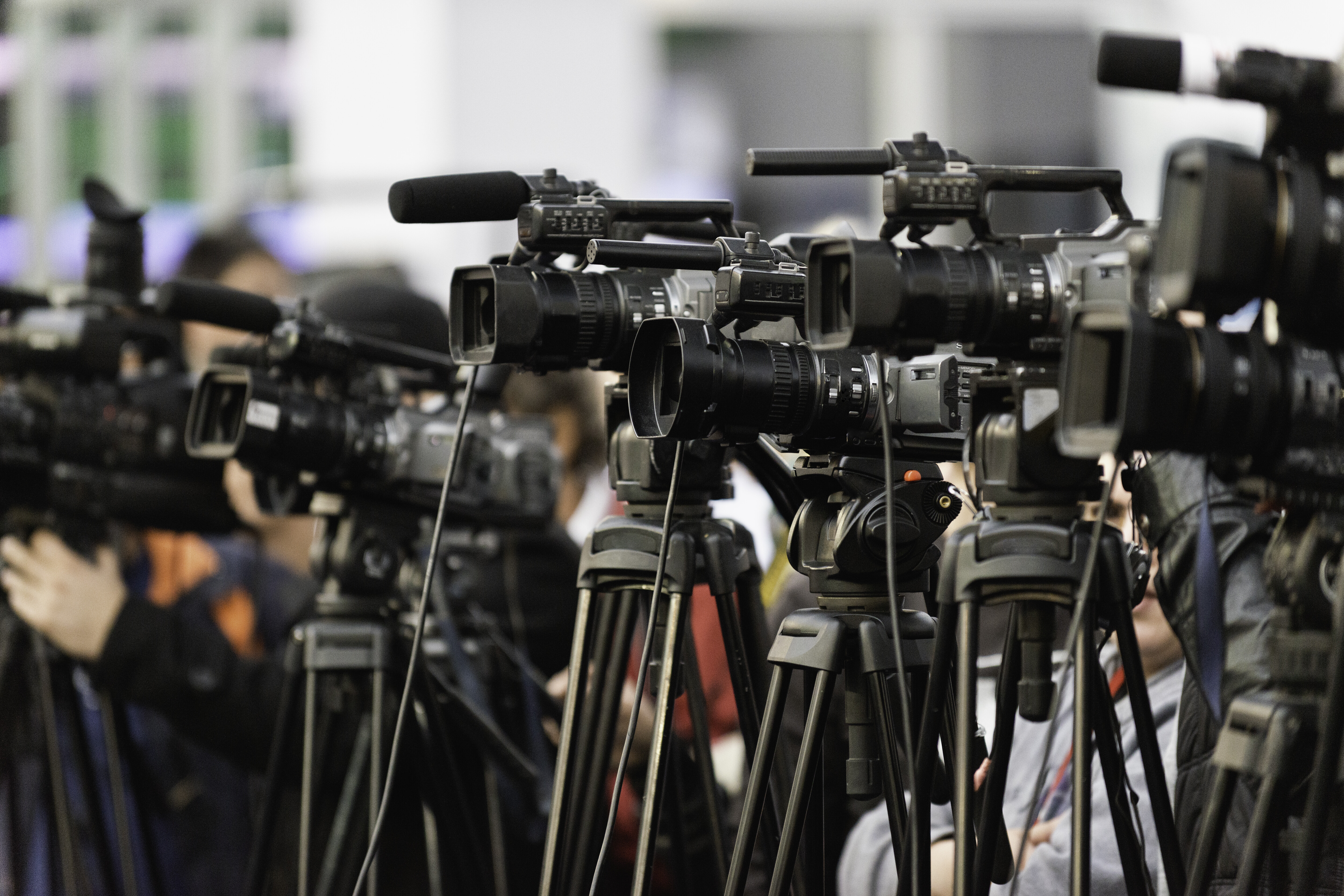Meet the fellows of our conflict sensitive reporting and safety of journalists in South Asia workshop
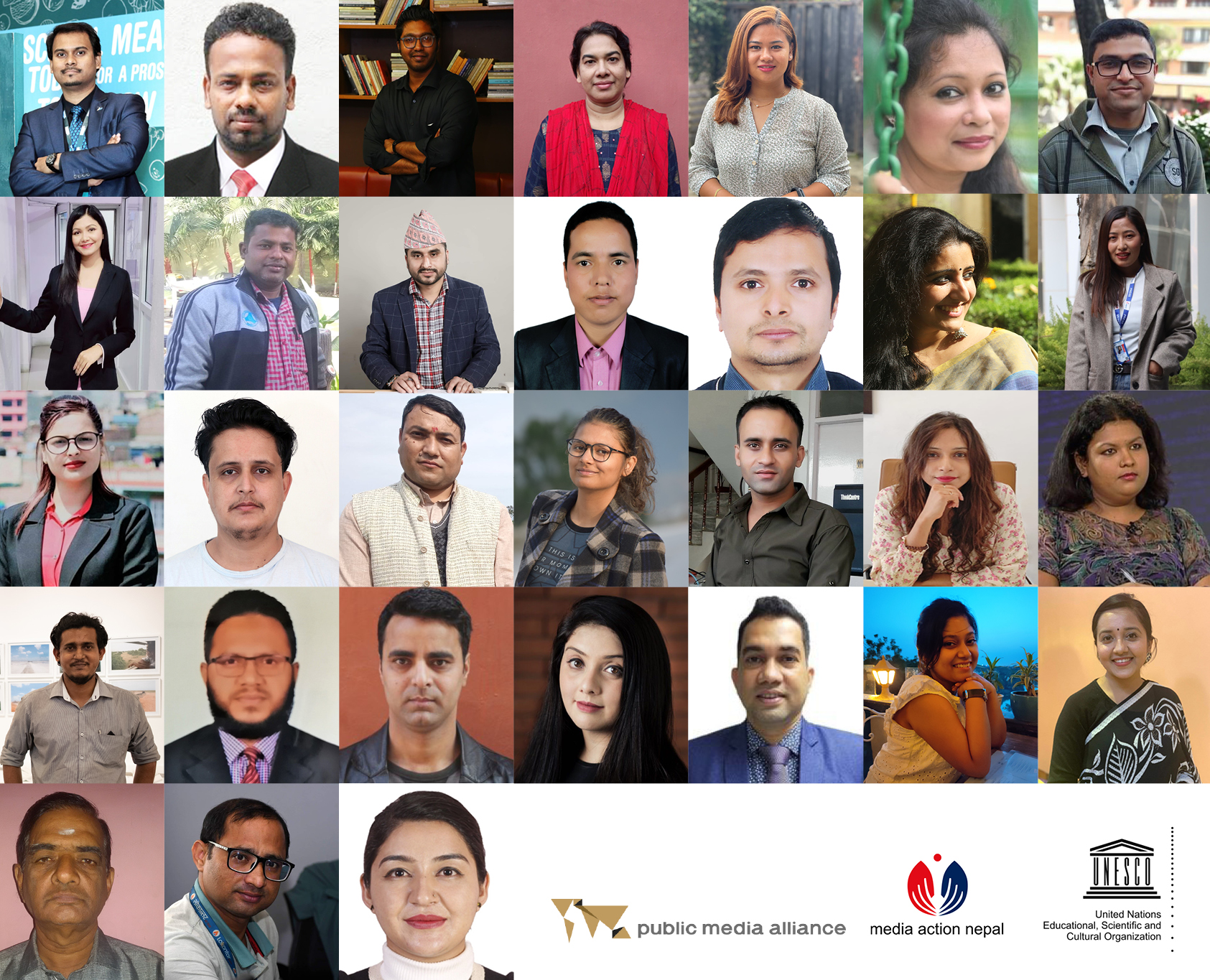
14 September 2021
We are pleased to announce the successful awardees of the virtual workshop and fellowship programme for journalists and media stakeholders from Bangladesh, India, Nepal, the Maldives, and Sri Lanka, as part of the “Code of Ethics to Improve Conflict Sensitive Reporting and Safety of Journalists in South Asia” project.
The selected 31 fellows – from journalists to academics and editors – represent a wide range of roles and experience.
The virtual workshop will commence with an inaugural session on 27 September 2021, featuring remarks from representatives of the Public Media Alliance; Media Action Nepal; the UNESCO Delhi Office; and the Press Council of Nepal. It will be followed by workshop sessions from 28-30 September, covering conflict sensitive journalism, journalist safety, and self-regulation.
This workshop provides the perfect opportunity for our fellows to network with their regional counterparts, examine their roles in the reporting of conflict, and to devise regional strategies for covering conflict accurately, impartially, and responsibly while ensuring their own safety. Participants will be able to contribute towards the planned Journalist Code of Ethics on Conflict Sensitive Reporting and the Safety of Journalists, which will serve as a useful tool for those working in the South Asian media landscape, particularly as it navigates growing threats to media freedom. At the end of the workshop, participants will receive fellowship support and mentoring sessions.
The workshop is organised by the Public Media Alliance (PMA) and Media Action Nepal (MAN), with the kind support of the UNESCO New Delhi Office & the UNESCO International Programme for the Development of Communication (IPDC).
You can also read more about the project and meet our regional and international facilitators.
Use the tabs below to meet our fellows by country.
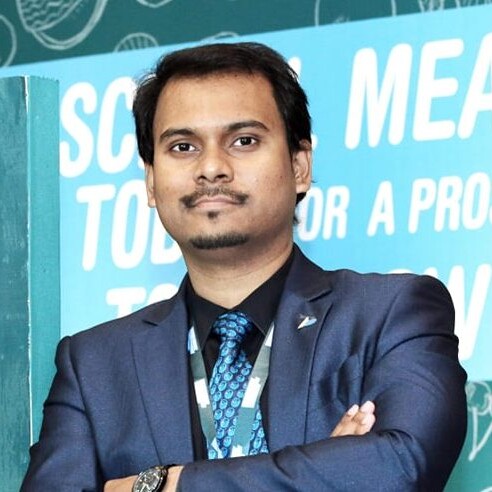
Mehedi Shahnewaz Jalil
Assistant Director, Bangladesh Public Administration Training Centre
[Working on Deputation from Bangladesh Betar (Radio)]
As a career civil servant working in the government communication media, conflict sensitive journalism with continuous self-regulation has become an integral part of my journey. To learn more on the matter in an international sub-regional context is my prime objective of attending this workshop.
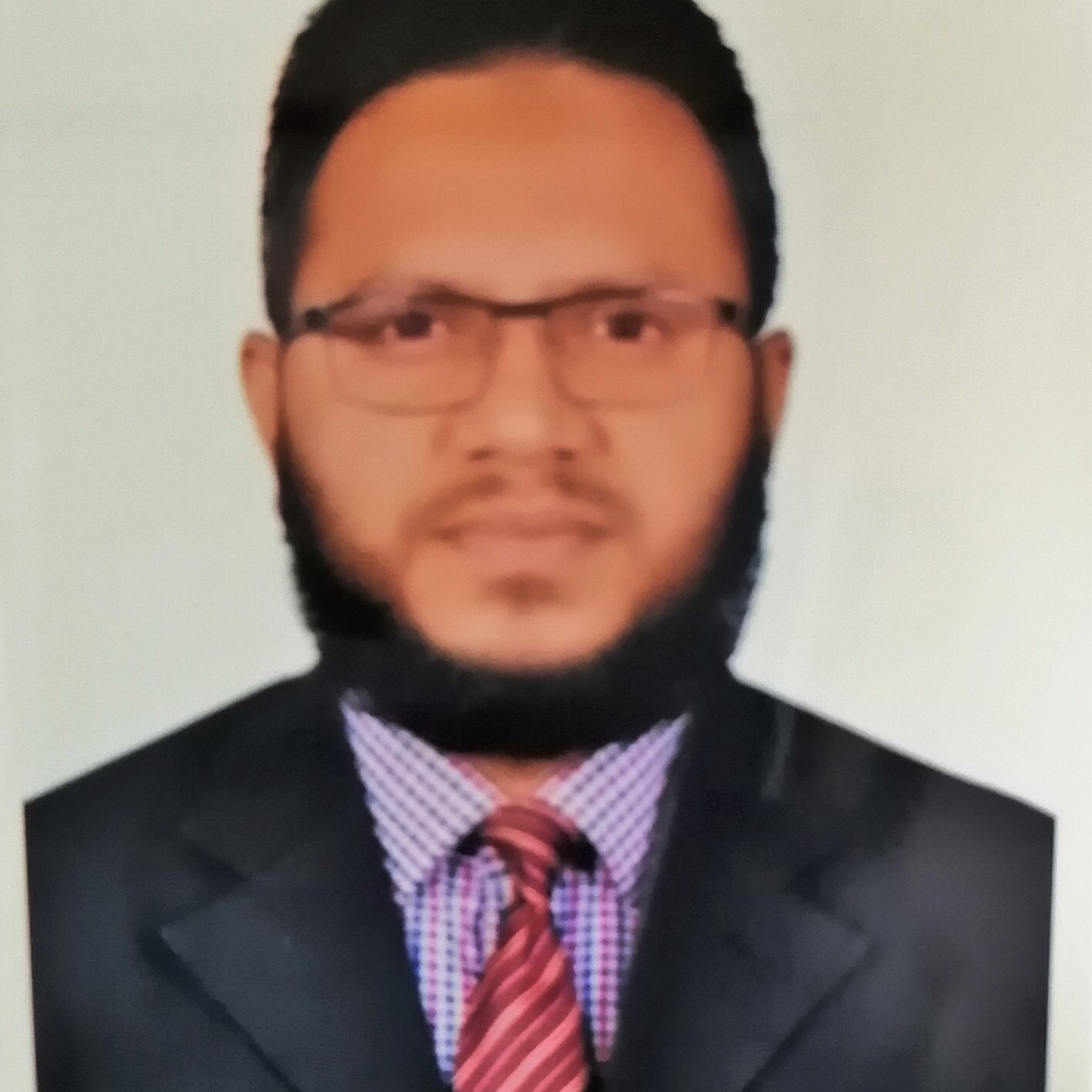
Mohammad Moniruzzaman Khan
Producer (News) Grade 1, Bangladesh Television
BTV is now operating a separate desk for in-depth news coverage to meet the audience demand and I am working in this desk especially dedicated for conflict and peace reporting…The online workshop on conflict reporting will allow me to become a complete conflict sensitive reporter/desk in-charge.
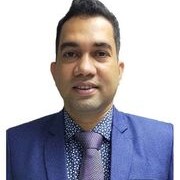
Muhammad Khorshed Alam
Executive Producer, Bangladesh TV
As an executive producer of BTV, I am working in the in-depth news desk especially dedicated to conflict and peace reporting. In this context, the online workshop on conflict reporting is very appropriate for me…[And] would certainly provide useful guidance for my activities in the future.
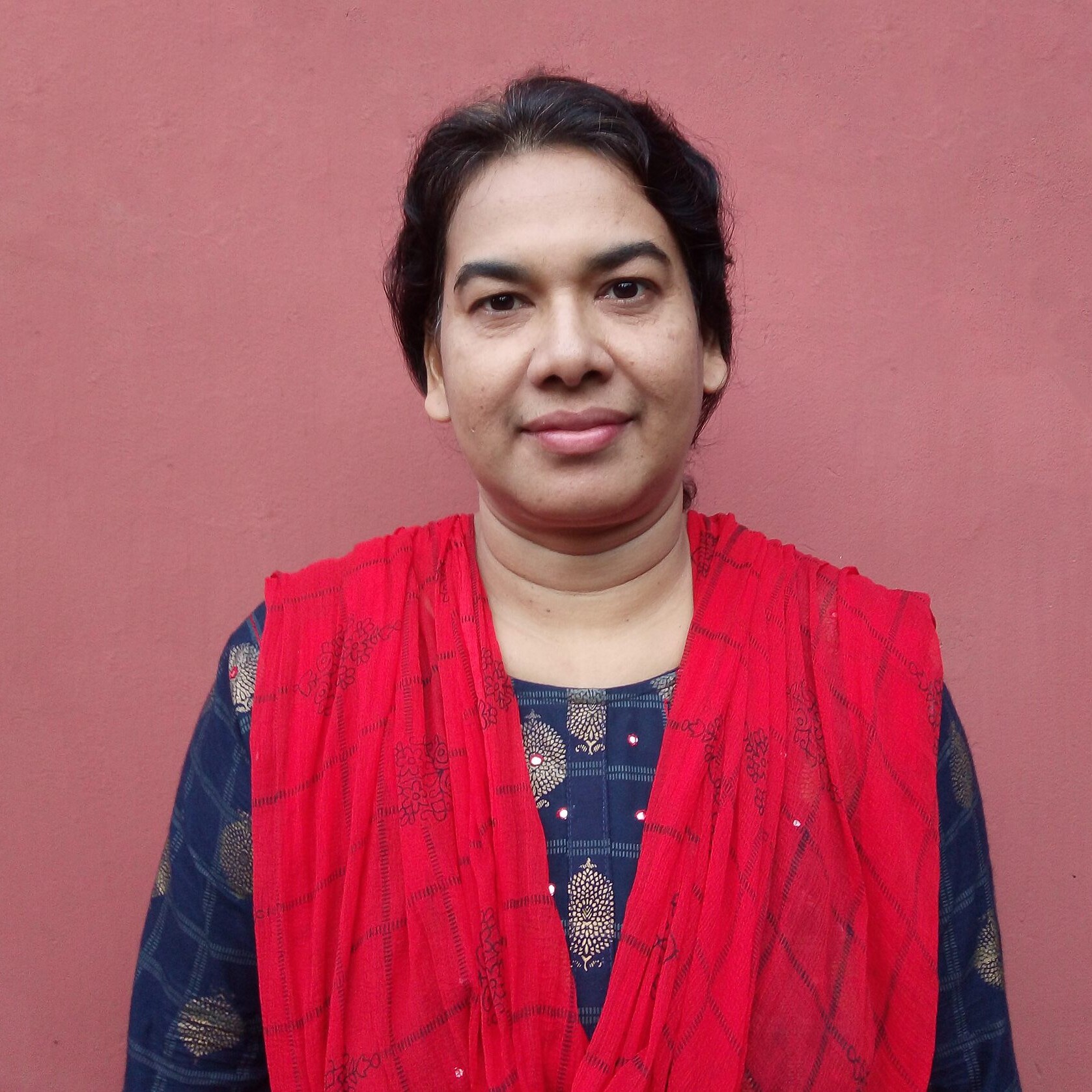
Naznin Sultana
Deputy Controller (News), Directorate of Monitoring, Bangladesh Betar
Attending a workshop with such wonderful and experienced journalists will allow me to learn more about conflict journalism, code of ethics and safety for journalists. The nature of warfare has evolved — from limited wars with clearly identified armies on demarcated fronts to non-conventional wars and wars of insurgency and, with it, changes in the relations between the state, military, and media. With such conflict around us it is necessary to give out the correct and unbiased reporting since mass media have a powerful influence on how people view the world.
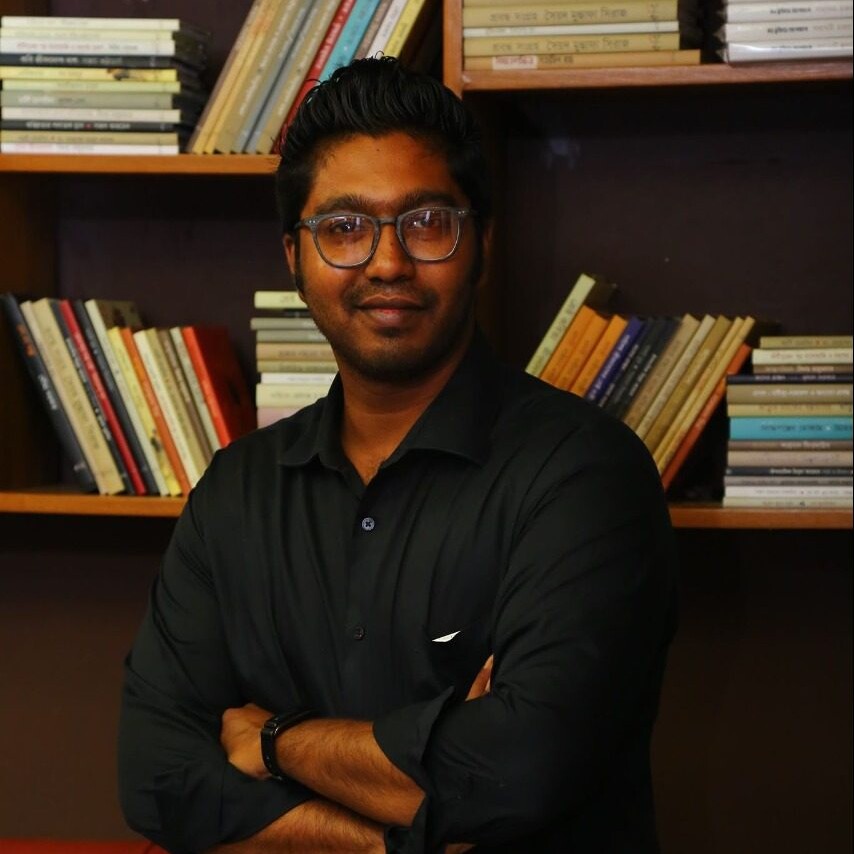
Seoul Ahmed
Journalist, Broadcast Journalist Center
In my reporting career, I cover Rohingya issues and the refugee situations of Bangladesh and India, while in my broadcast career I cover a lot of sensitive issues. I think I must learn more about how to cover those issues and this workshop will give me a clearer concept of how to do so.
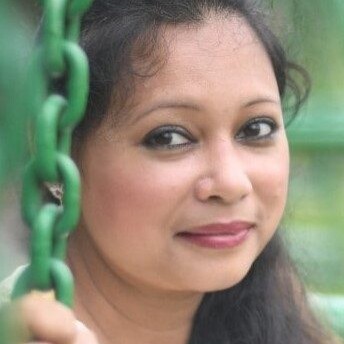
Tahsina Sadeque
Senior Reporter, DBC News
I hope the Conflict Sensitive Journalism workshop will encourage journalists to recognise that they can make a constructive difference in conflict, whether it is armed conflict, political or socio-economic conflict and that they can do so without compromising their roles as providers of fair, accurate and responsible reporting.
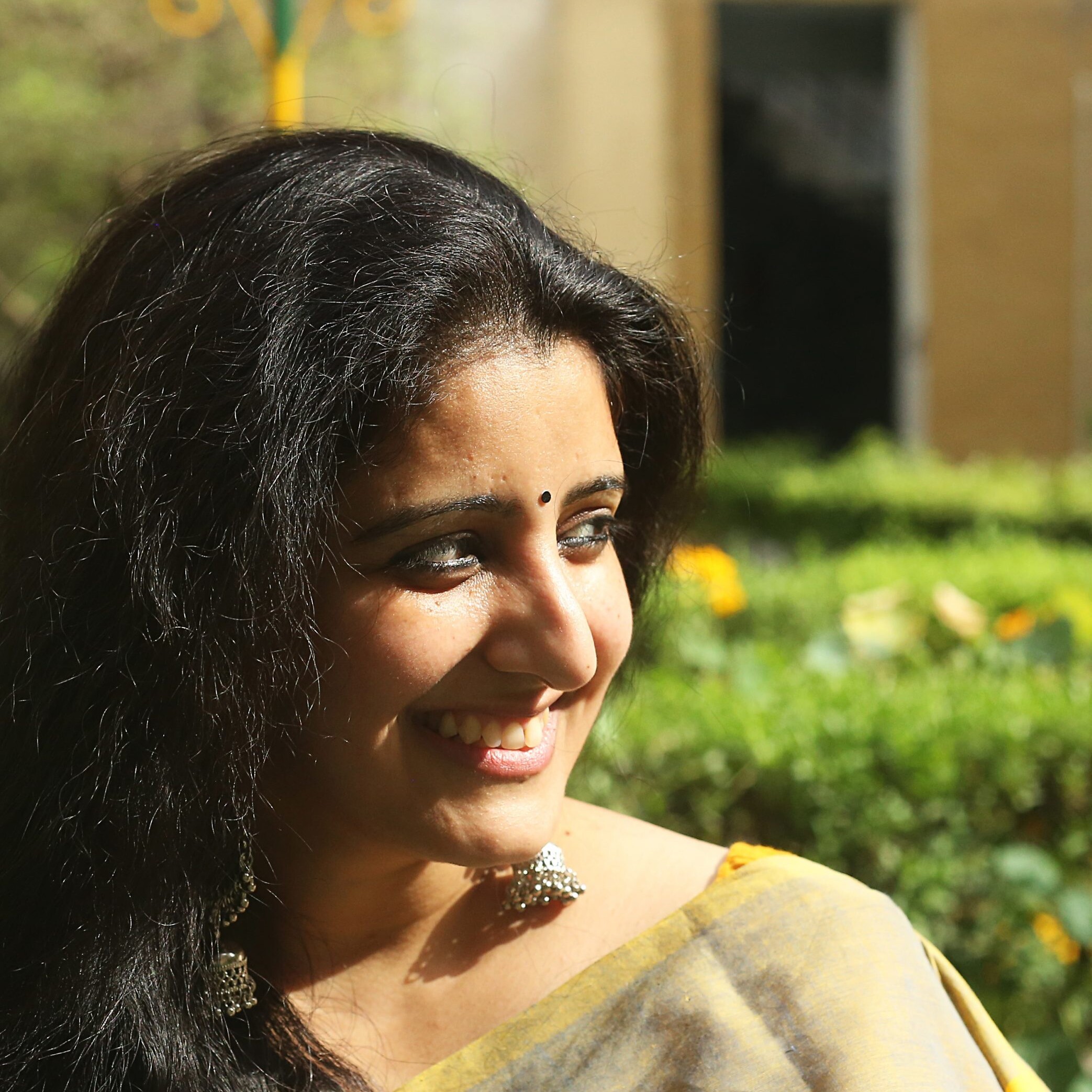
Ankita Anand
Independent Journalist/Editor, Unbias the News
When it comes to conflict reporting, both a clear idea of one’s ethics as well as being fully equipped to look after one’s safety are critical. I am looking towards this workshop as an opportunity to co-develop these ethics and the ground rules for reporting safely. During a conflict, there is hardly time to start thinking about ethics or security for the first time. It is best to already keep these rules in our minds when we as media persons go to report in hostile situations, which I am hoping the workshop will help us and other reporters with.
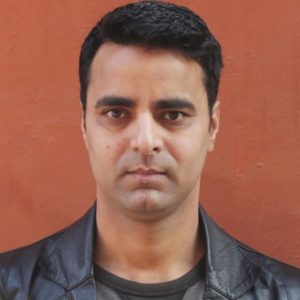
Faisul Yaseen
News Editor, Greater Kashmir
After my former editor, Shujaat Bukhari, was assassinated outside his office in Srinagar by unknown gunmen, I wanted to attend a workshop that would help me understand the nitty-gritty of conflict reporting and the safety of journalists. I hope the IPDC/PMA/MAN workshop would help me develop a better network with the journalists working in the region.
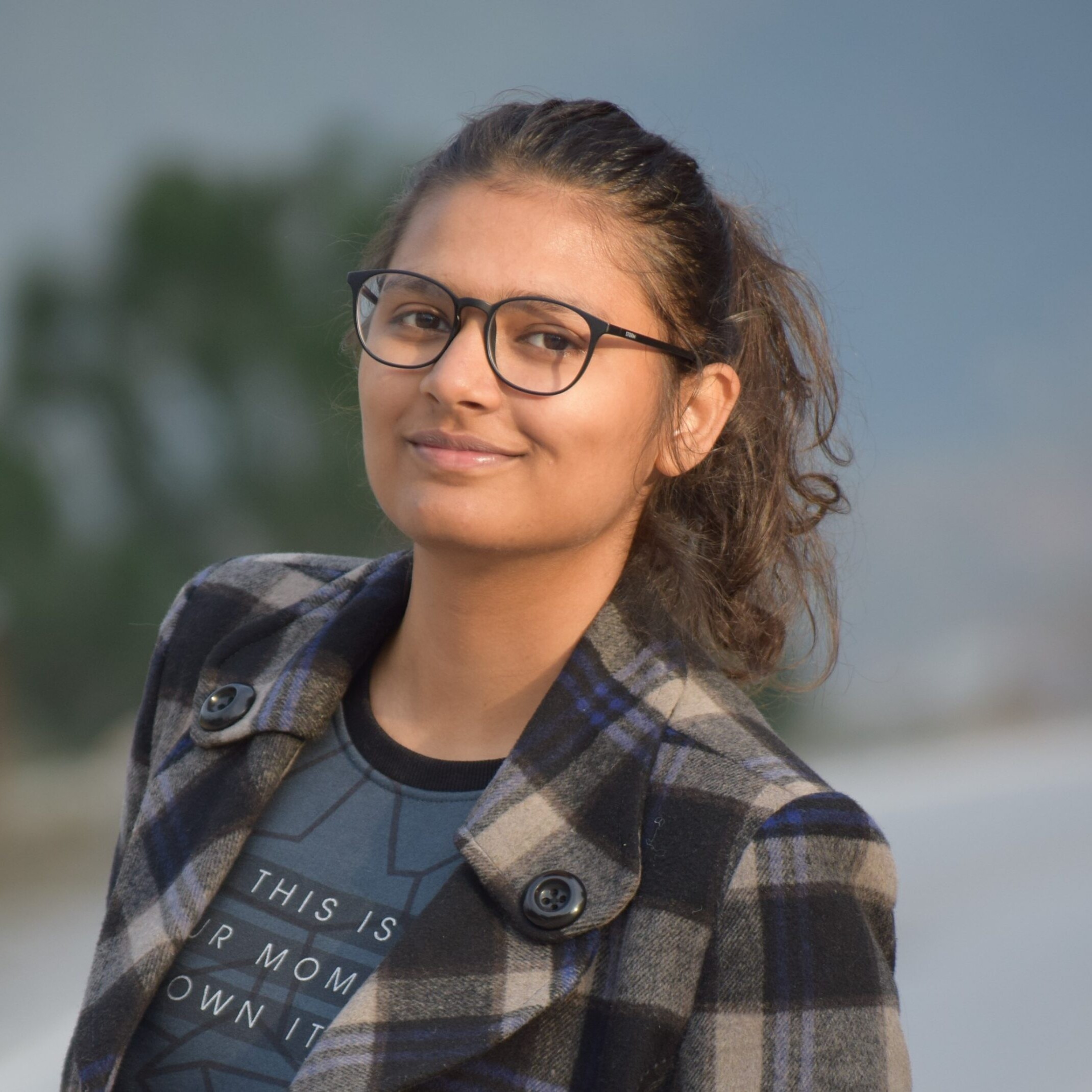
Pallavi Sareen
Editor-in-Chief, The Straight Line
This IPDC/PMA/MAN workshop is an opportunity for me to contribute to devising strategies of “peace journalism” by balancing between development journalism and conflict reporting in conflict zones and its peripheries. It is the ideal platform for me to understand how to work on stories that help view the regions out of the security lens and focus instead on the lives of the people who live in these conflict-torn areas, including migrants and refugees.
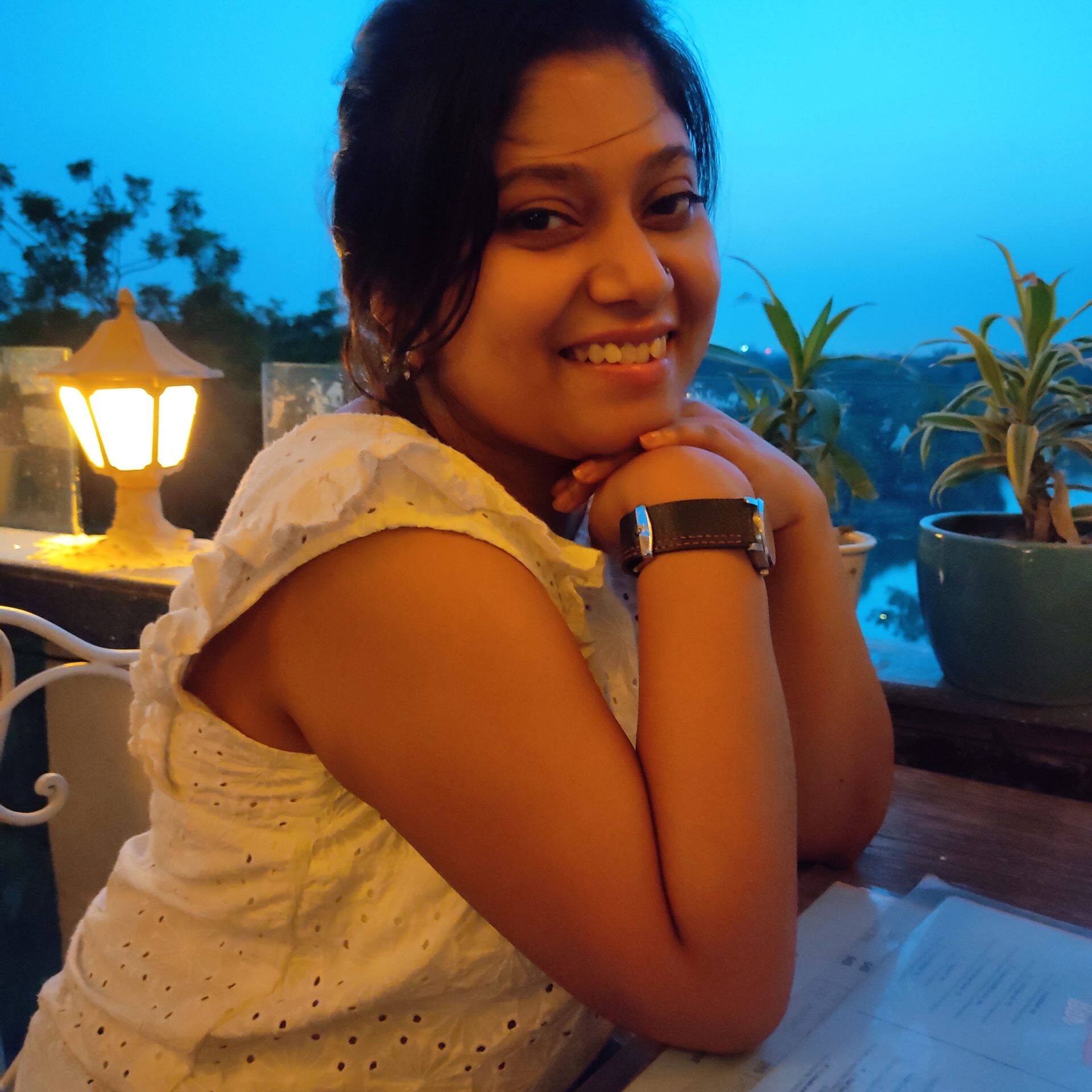
Somrita Ghosh
Correspondent, The New Indian Express
I am delighted to be selected for this great opportunity – to participate in the IPDC/PMA/MAN three-day virtual workshop. Over the three days and multiple sessions with experts and fellow attendees, I look forward to learning about the untouched aspects in the field of journalism and, in particular, how to develop stories on conflict reporting in South Asia.
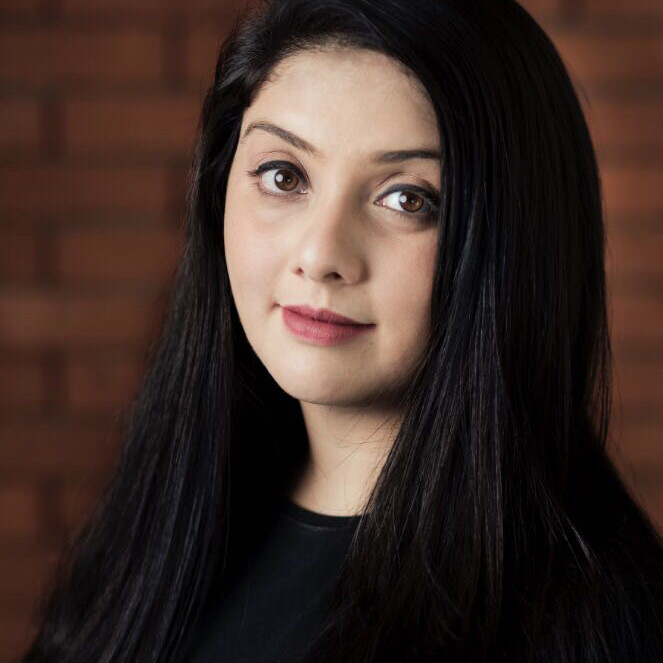
Neha Thirani Bagri
Independent Journalist
The IPDC/PMA/MAN workshop’s focus on conflict reporting from alternative perspectives, telling engaging stories, press freedom, and ethical journalism is aligned with my reporting focus as a freelance journalist.
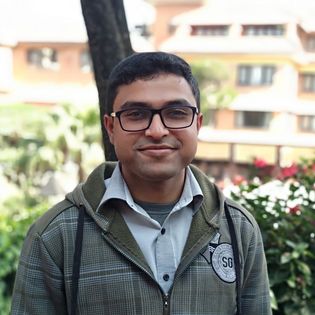
Aashish Kumar Mishra
Valley Reporter, The Rising Nepal
I believe this [workshop] will greatly enhance my reporting skills and make me a better journalist, able to cover conflict situations in my country as well as understand the issue of journalist safety. My objective for attending this workshop is to learn the best ways to report on conflict situations that serve to communicate the gravity of the situation without exacerbating it and to learn about the issues of human rights and how they can be covered in news.
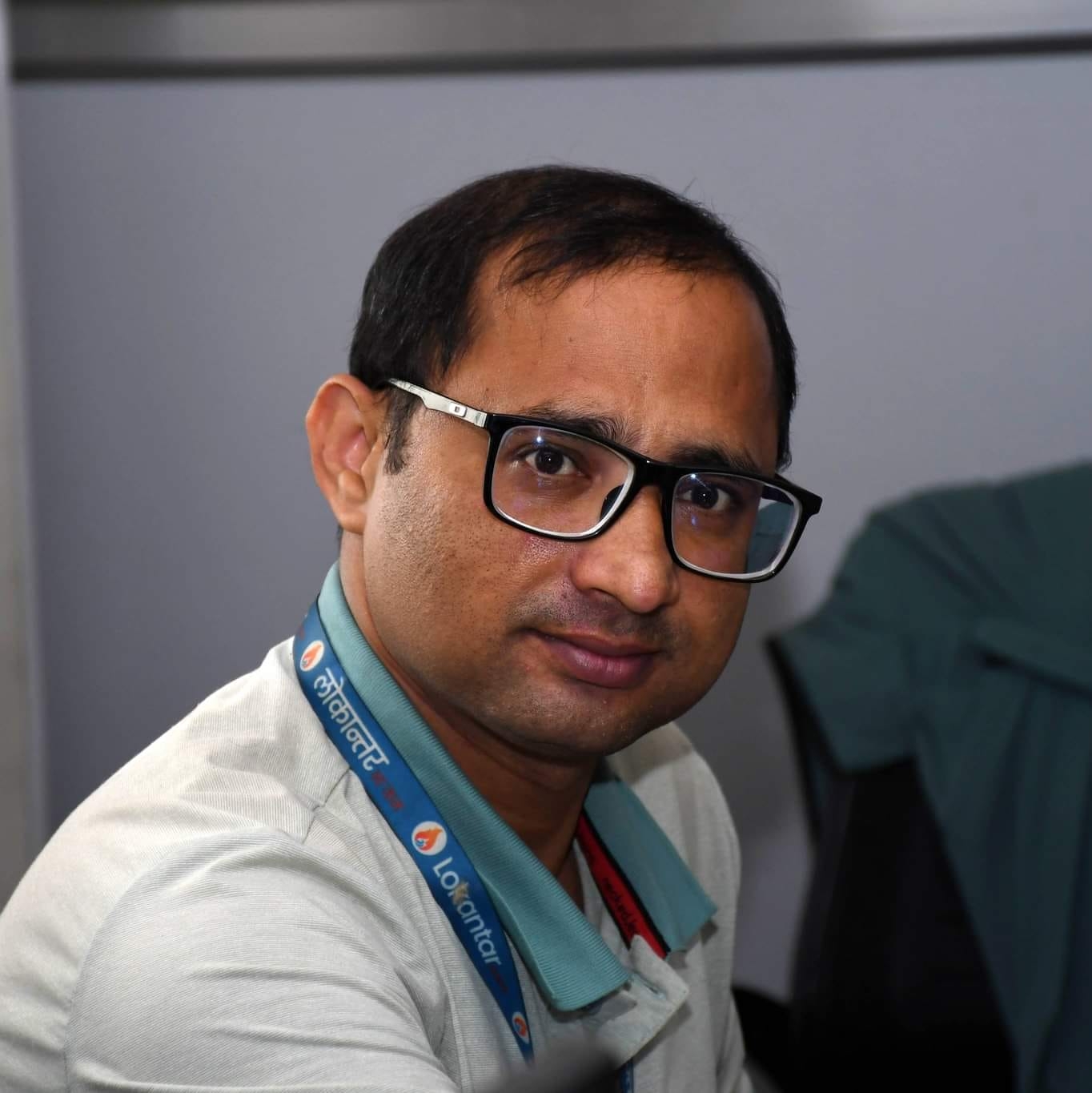
Ajay Anuragi
Journalist, Lokaantar.com
I hope by the end of workshop and mentoring sessions that I will have in-depth knowledge to write reports with conflict sensitivity. Besides this I also will have further knowledge about Framework/Code of Ethics for the appropriate media response to conflict sensitive reporting and the safety of journalists.
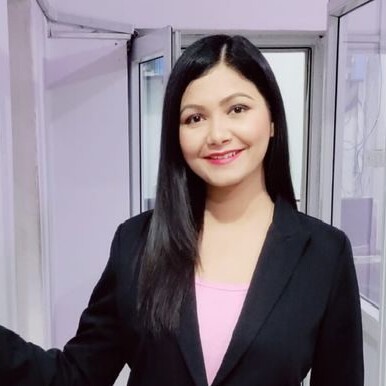
Ashwini Sitaula
News Anchor & Reporter, News24 Television
It was only 15 years ago that Nepal was released from a decade-long period of armed conflict. But the scope of conflict journalism is still very relevant in this country. Nepali journalists are working under changing times brought on by ever-increasing threats against press freedom. It is my sincere hope that I will be able to learn something beyond my current scope of experience which may help me tackle the changing environment of journalism in my country.
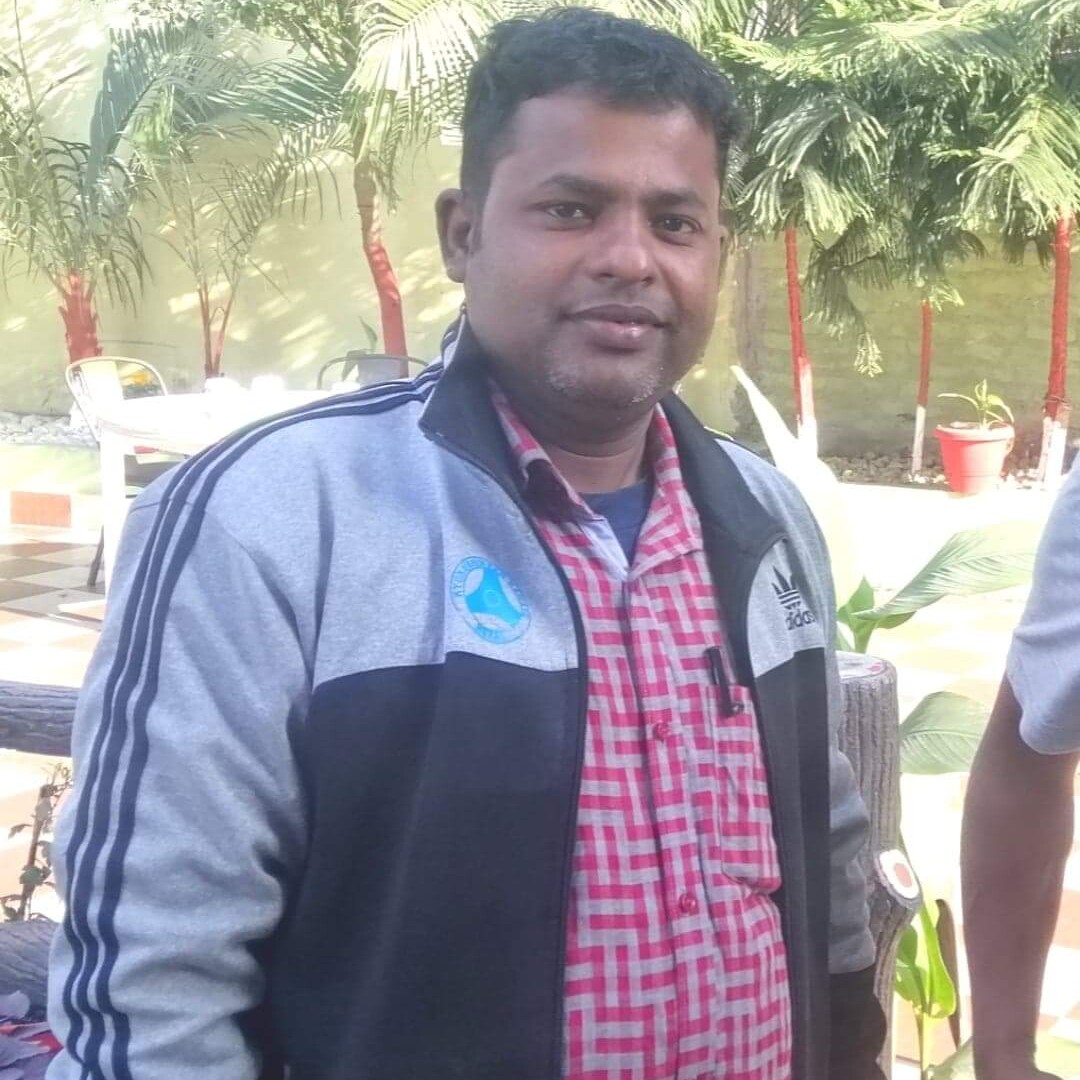
Hadish Khuddar
Correspondent, Naya Patrika Daily
I am very much enthusiastic and happy for this opportunity to participate in the South Asian workshop on conflict sensitive journalism and ethical issues. I have given high importance to this training as the knowledge gained from experts and fellow journalists will help me to be more sensitive in my journalistic career.
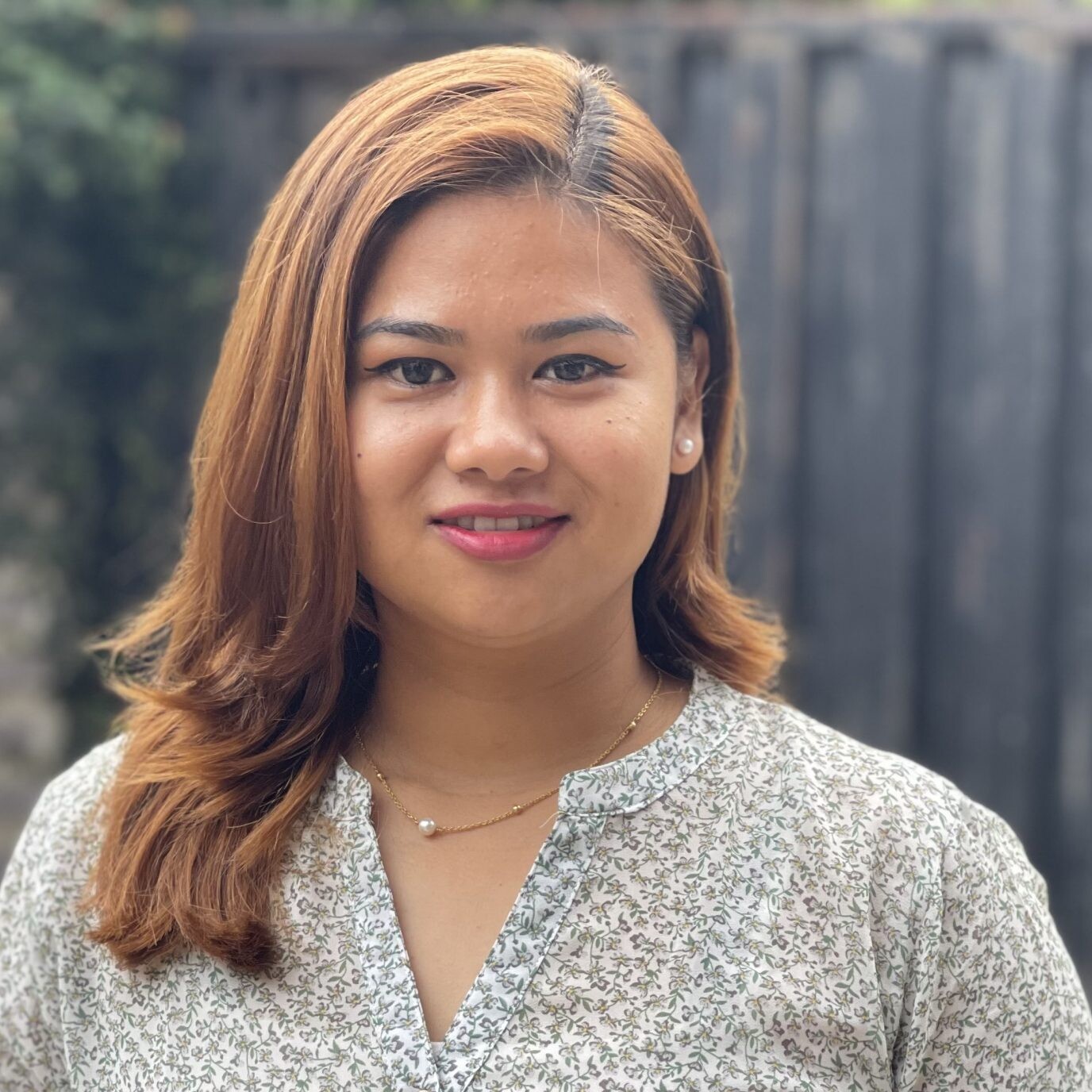
Kamala Gurung
Senior Correspondent, Swasthya Khabar Patrika
Though I have been specialising in the health beat, I feel that there is a shared compatibility between the issues relating to health and conflict. I strongly feel that the issues related to health problems faced by the victims of conflict are not being highlighted enough, as well as issues in the field of violence… I am very pleased and grateful at having gotten this chance to study, improve my skills, and become a better person.
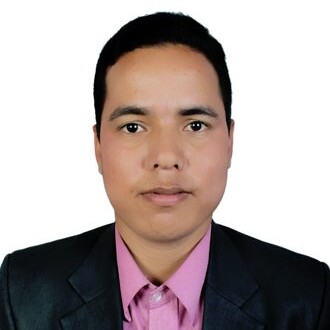
Lalit Bahadur Budha
Bureau Chief, Annapurna Post Daily
I started my career as a journalist 12 years ago and currently work as the Bureau Chief for Annapurna Post National Daily in Karnali province of Nepal. As Karnali province is a conflict-affected area, through this training I would like to learn the skills for reporting conflict-related issues and about the implementation of the Code of Conduct in other countries of South Asia. I am excited to equip myself to report on issues of rehabilitation, justice, relief, reconciliation and reconstruction in post-conflict societies.
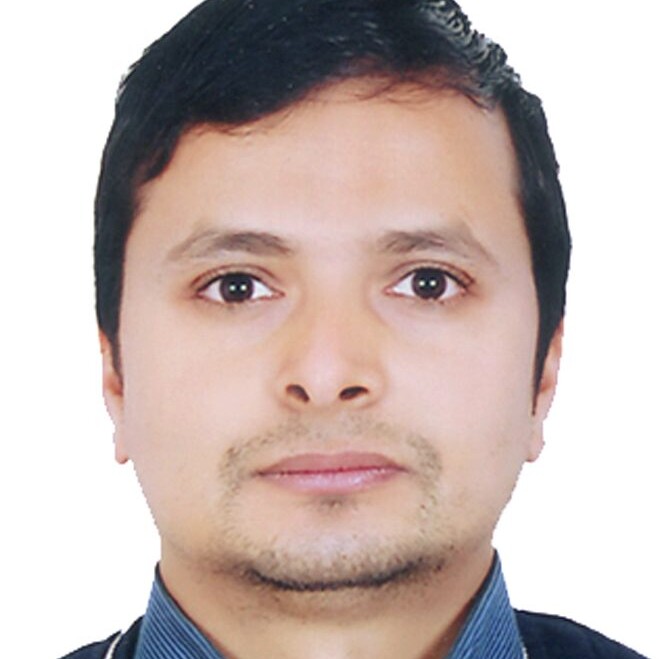
Madhu Sudan Dawadi
Executive News Editor, Narayani Online
I am honoured and quite excited to be a part of this resourceful regional workshop from Nepal as a young enthusiast engaged in the field of Nepalese journalism. I am confident that it will be a rare opportunity for me to engage myself in the field of professional and ethical journalism as the topic is relatively new and related to burning issues for my country.
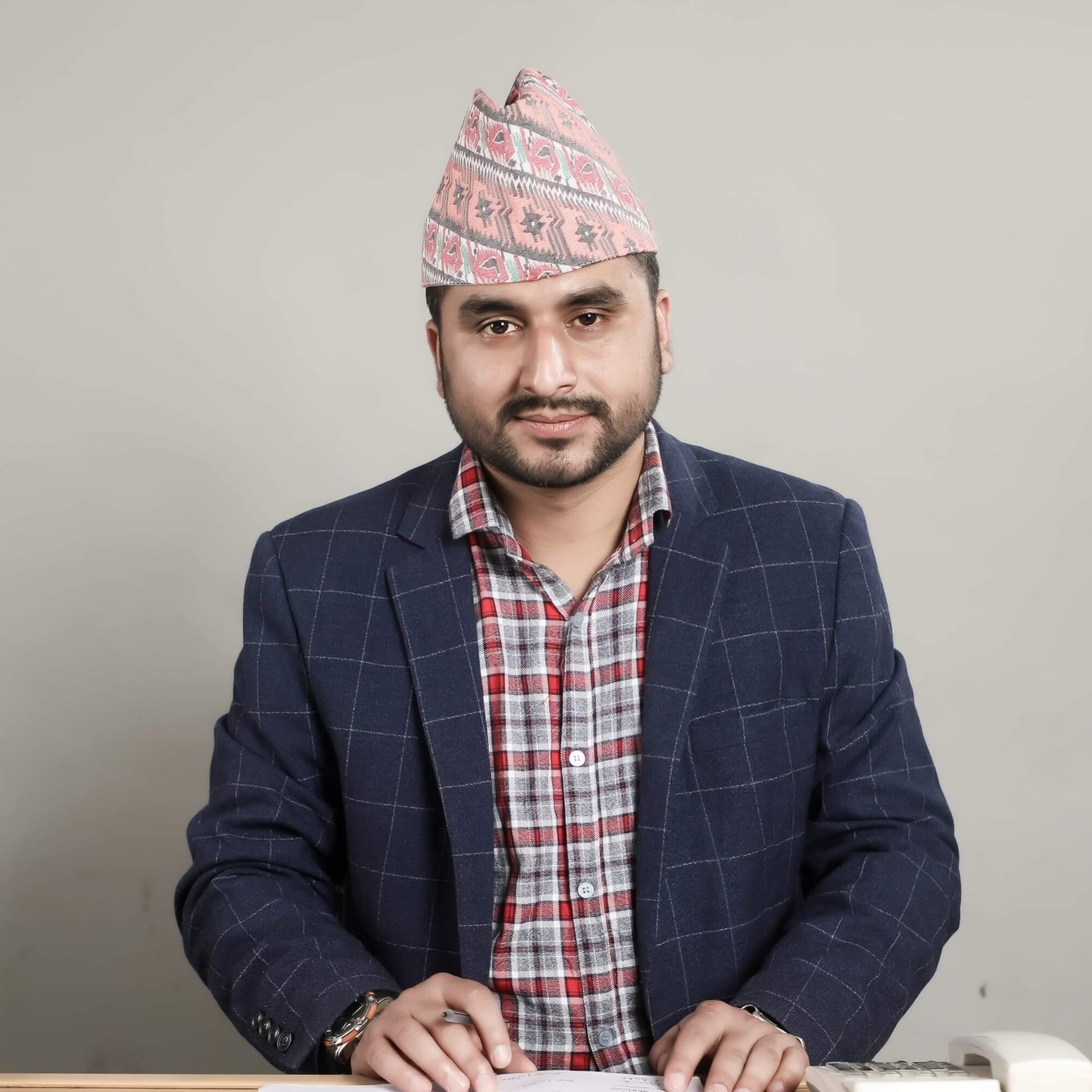
Narendra Kumar Dhakal
News Coordinator, Purwanchal Daily
I cover crime and conflict, education, and social issues…[and] I am very happy and excited to be selected to participate in this South Asian workshop. I hope to have the opportunity to learn a lot from this training, such as skills and issues of conflict and code of conduct.
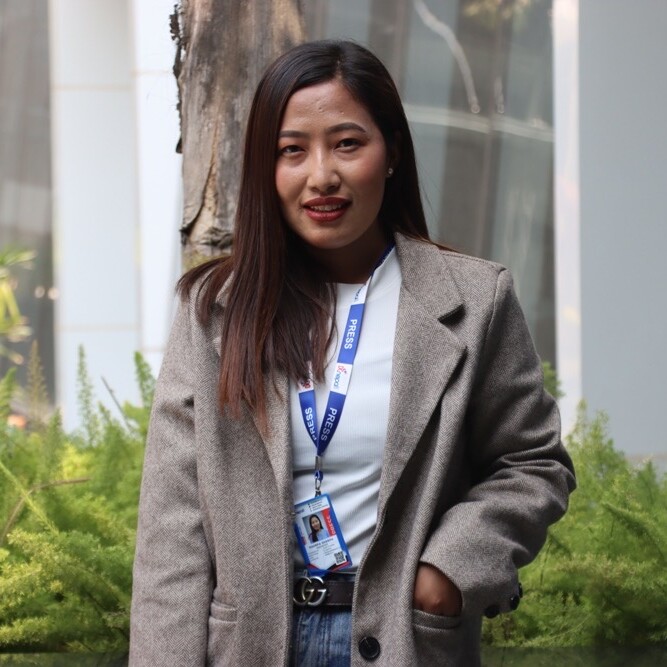
Phurpa Sherpa
Reporter, DCNepal.com
I am confident that the IPDC/PMA/MAN workshop will open up doors for me to gain exposure and in-depth knowledge in conflict sensitive and ethical reporting…I believe that good journalism is difficult work and conflict journalism is a more serious and sensitive task. I am excited to join the workshop to enable myself to share stories with well-informed decisions.
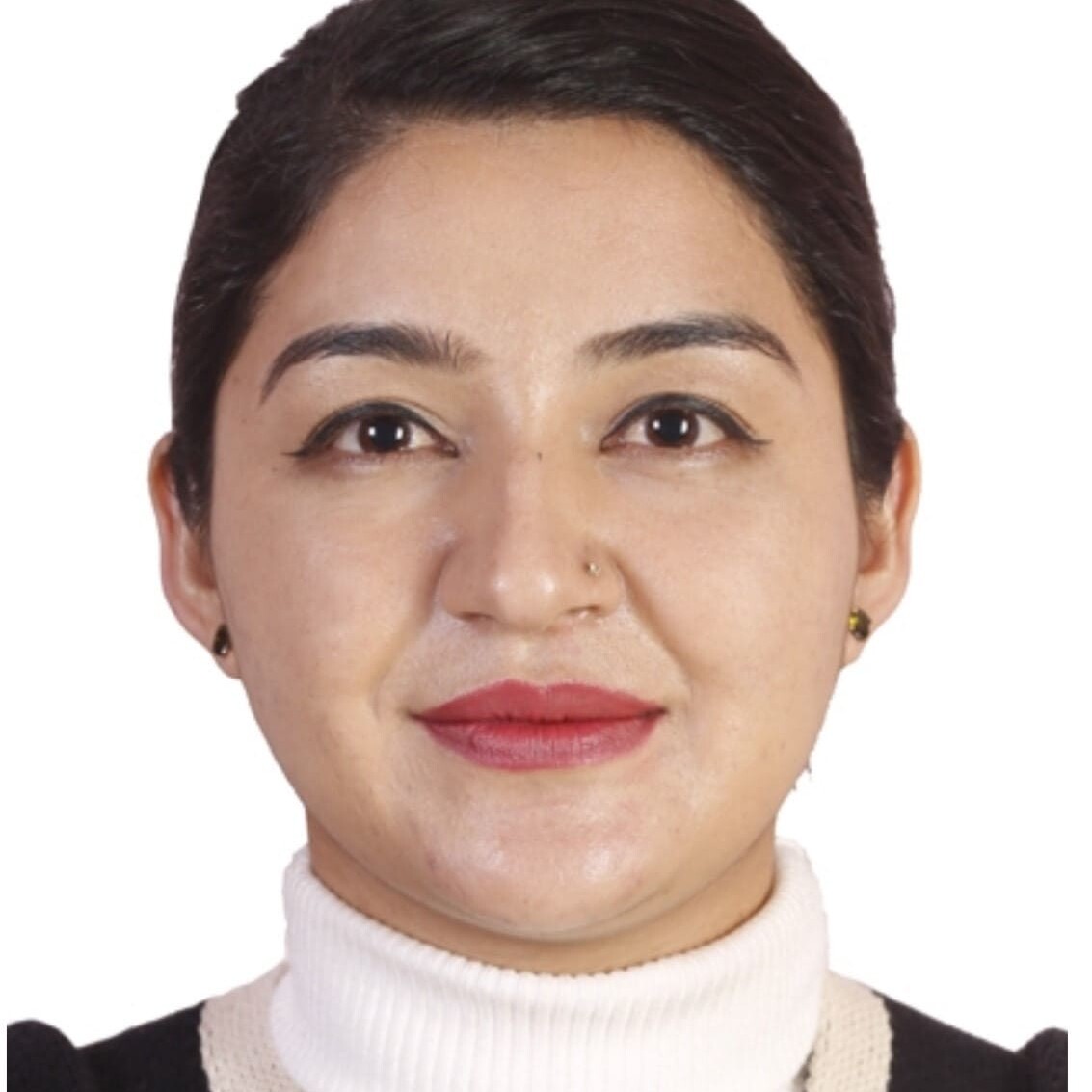
Prabha Thapa
Program Coordinator and Presenter, Avenues Khabar TV
I am very much delighted to participate in the workshop covering conflict sensitive journalism and journalist safety in its entirety. I hail from Nepal where we have the least available access to needed resources and not many developed fundamental facilities. Journalists have to cover very fragile issues even from far-flung areas where the weak support social system has always been a concerning situation. I am eagerly waiting to learn from the experiences of the facilitators and participants, especially from my fellow Indian sub-continent participants as we share the same social stigma.
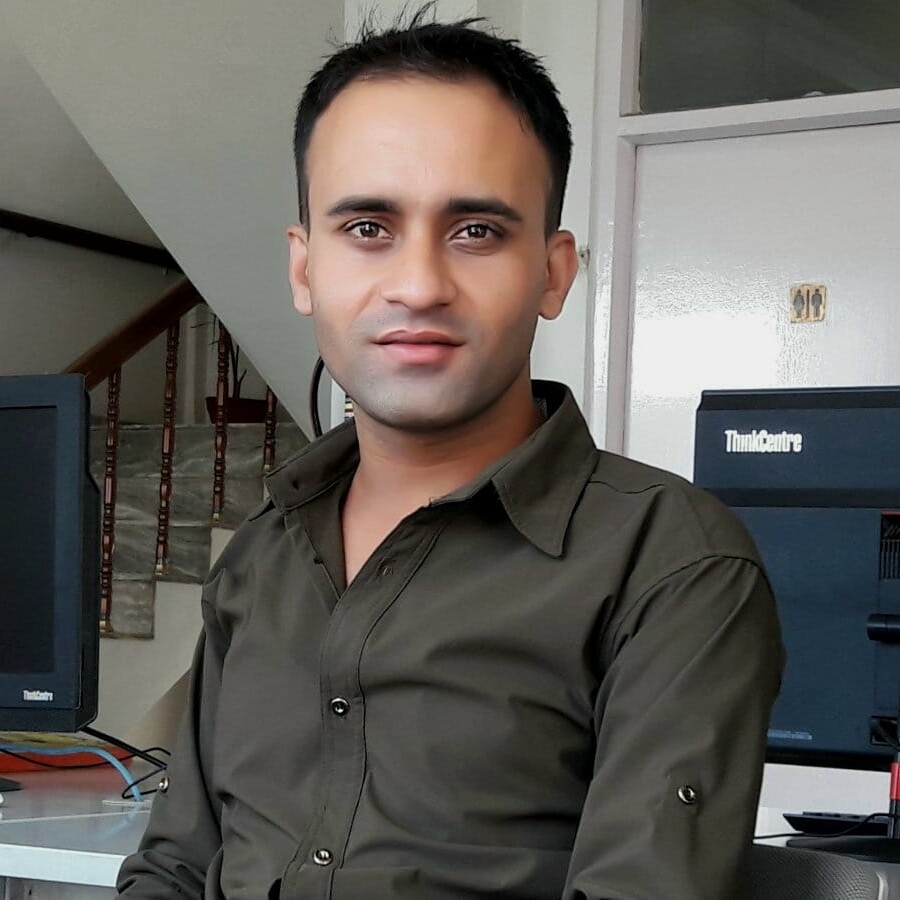
Ramesh Dhamala
TV Journalist, Kantipur Television Network
I am really glad to have been selected to attend the IPDC/PMA/MAN three-day virtual workshop. I hope this will be very fruitful in my daily reporting. I am also expecting this will be very engaging and offer knowledge sharing among the South Asian journalists who are part of this training.
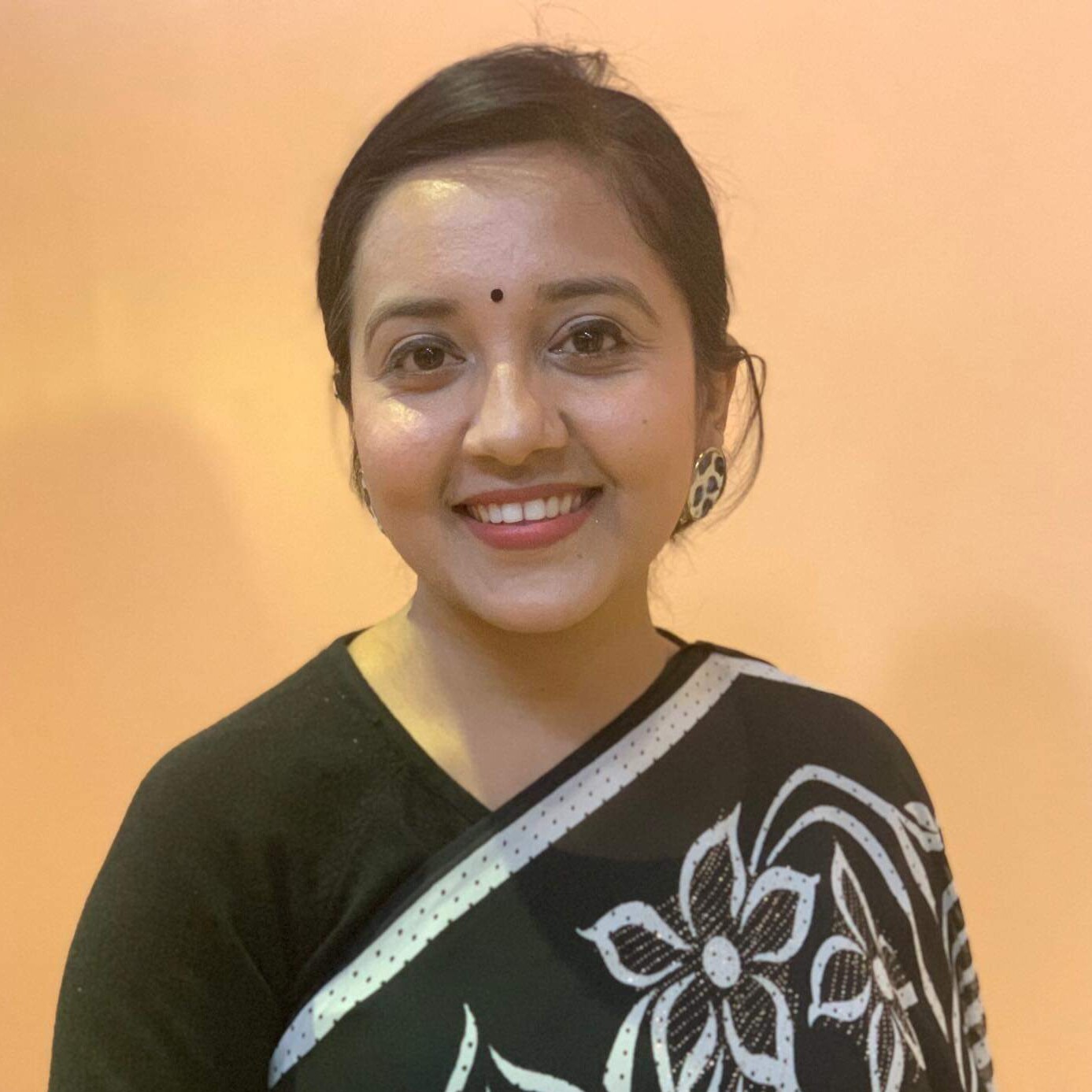
Sanju Paudel Pandey
District Reporter, Kantipur Media Group
I am overwhelmed by getting this opportunity for the training in conflict reporting. I hope this opportunity will be helpful to me as well as my colleagues as I will share my learning with them and will use what I learn in my reporting. Also, I look forward to building a network among South Asian journalists.
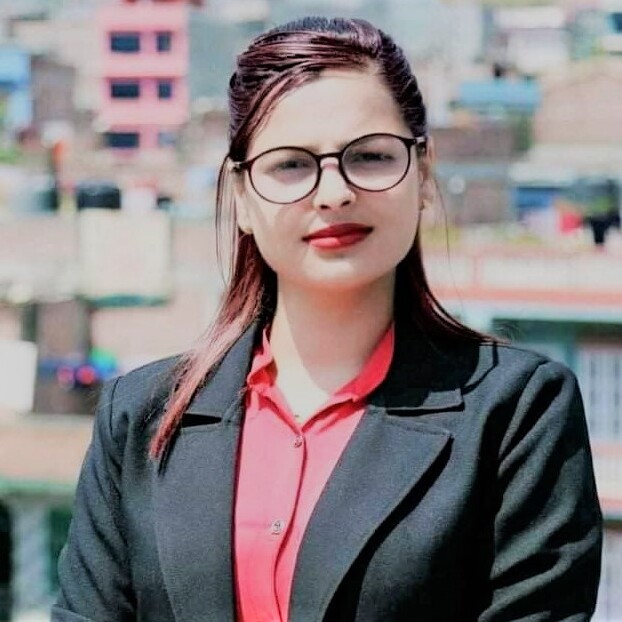
Sunita Acharya
Nepal Reporter, Damauli Express weekly and Damauli Express.com
I am very excited for and curious about this training. The main objective of wanting to participate in this training is to have a good understanding of conflict sensitive journalism. It is a topic that is rarely discussed in our field, so understanding about it is also weak.
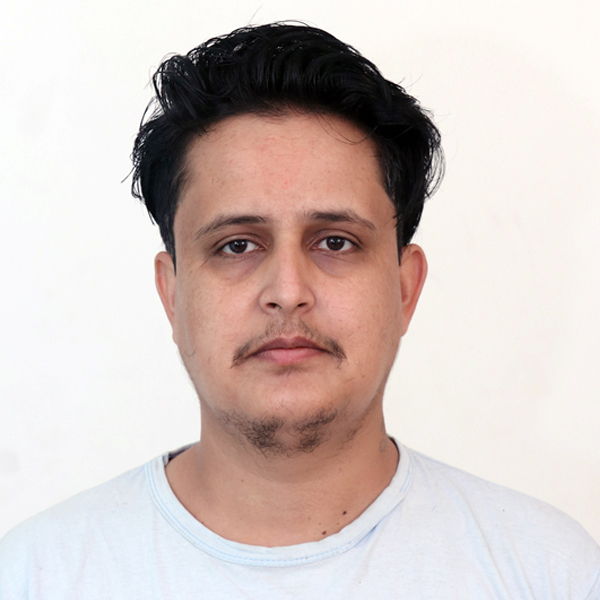
Ujjwal Kumar Satyal
Reporter, The Himalayan Times
As a reporter working on the issues of social justice and crime, I often fear my news might unintentionally portray negative pictures of the people and community to the readers. I hope this workshop will be helpful for me to avoid such situations. I also joined this workshop hoping to learn some tactical ideas to avoid and deal with intimidation and threats we journalists often receive while doing our job.
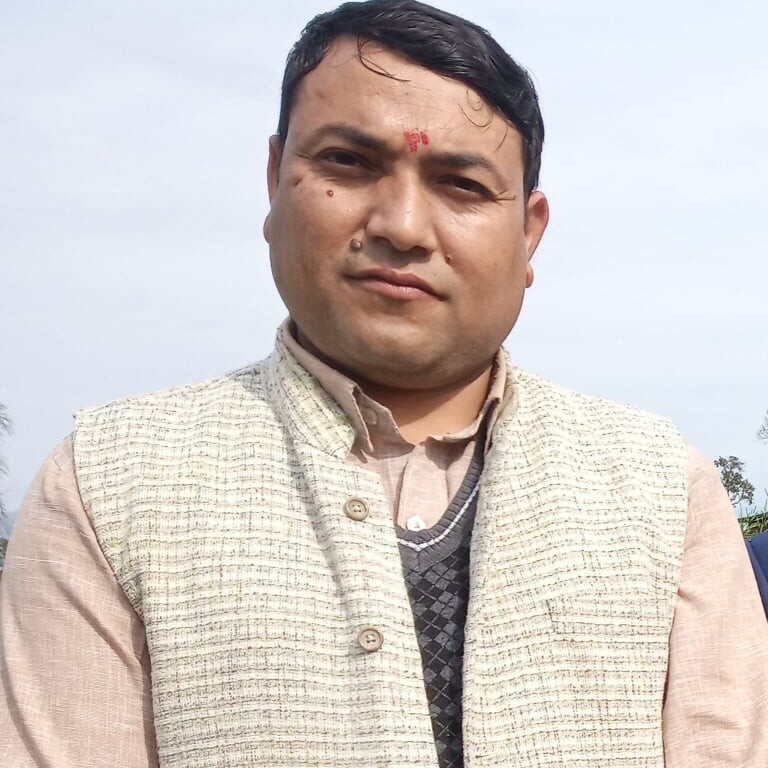
Uma Kant Joshi
Editor, sajhaawaja.com
I am happy to have been selected for this IPDC/PMA/MAN workshop in conflict sensitive reporting and ethical journalism. I am a journalist and media educator…[and] after this training, I expect that I can share my knowledge with my students and fellow media staff.
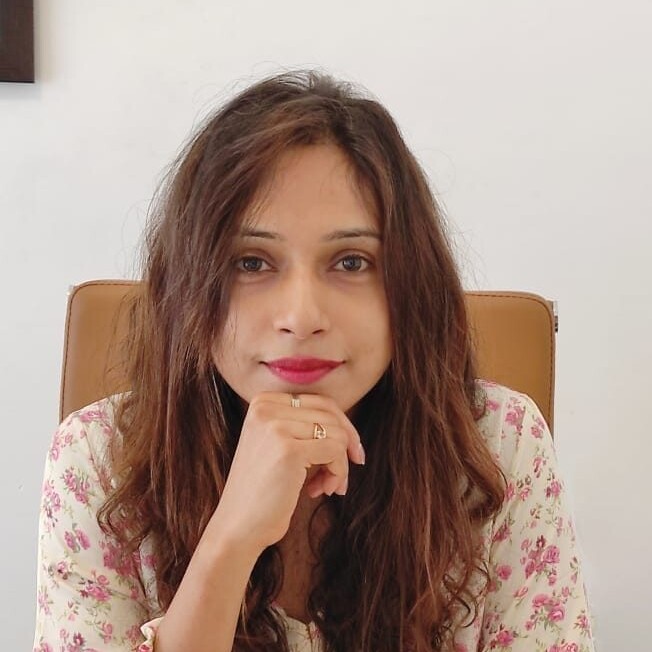
Bekshi Dinitha Rathnayake
Journalist, Liberty Publishers Private Limited
In conflict-affected societies, journalism has a crucial part in shaping the public’s perception and knowledge of national identity, history, conflict, and peace efforts. When mediating a conflict, journalists do not just circulate information about it, but also define, frame, deliberate, and promote it…I believe this workshop would provide me with the opportunity to learn how to frame my work, not forgetting the safety, self-regulation, and code of ethics for South Asian media.
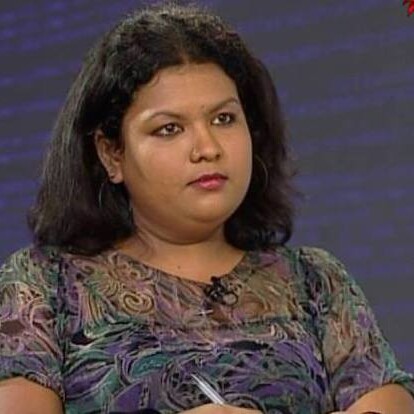
Keshayinie Edmund
Freelance Journalist/Documentary Producer, SFCG
Today’s journalists face various challenges in their journey in the field of media. It can be from direct attacks to cyber-attacks and hate speech. I too am a young journalist facing these challenges so from this event I can learn the steps to face them. I hope this will also be a platform to listen to the experiences of others; I am very eager to participate in this [workshop].
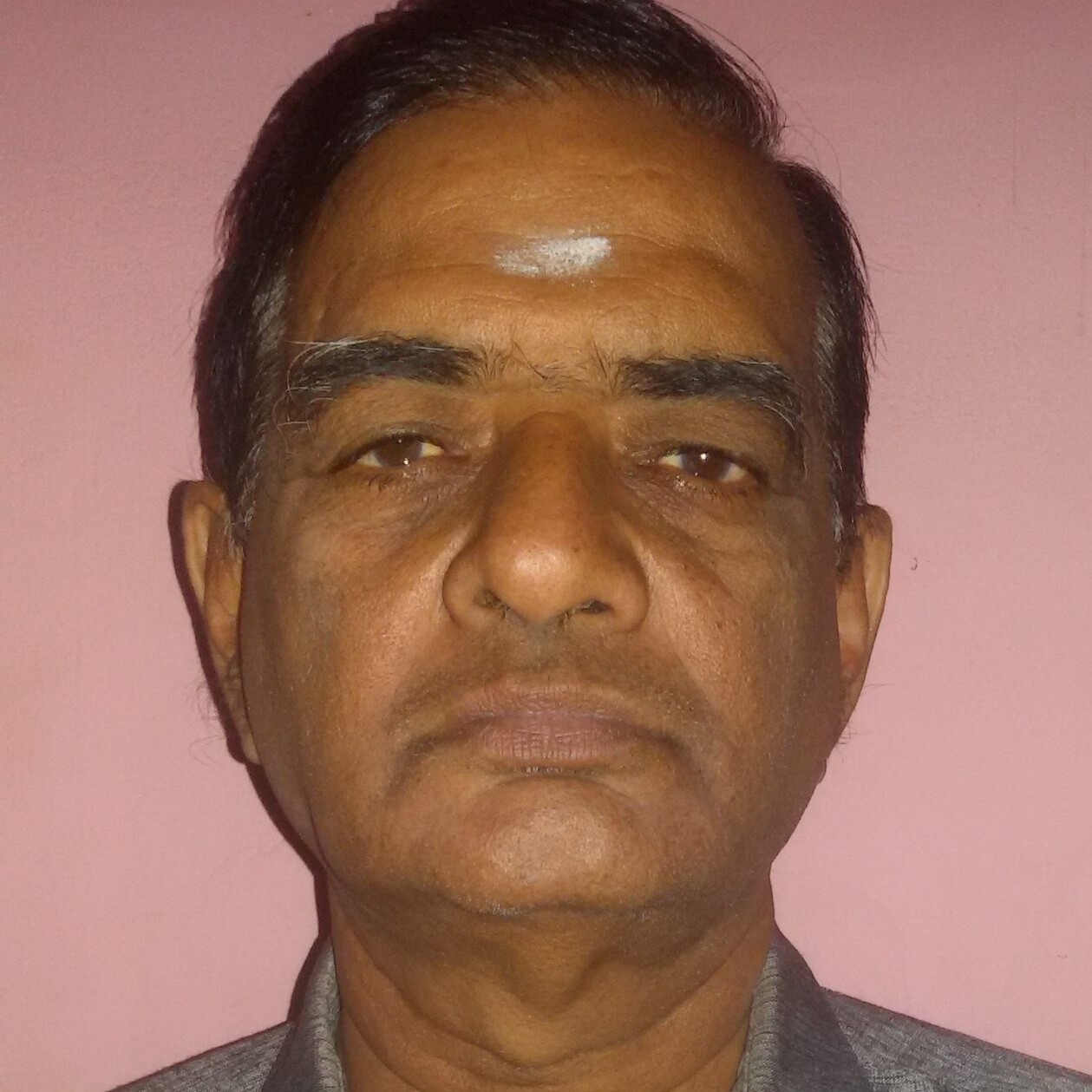
Parameswaran Navaratnam
Provincial Correspondent, Wijeya Newspapers Ltd
I work both as a journalist and a media trainer for journalists attached to the provincial newspapers. The provincial journalists in my province, grew up through the bloody civil war that ended in Sri Lanka 2009 but they have biases and don’t have much knowledge about the code of ethics, neutrality or balanced reporting. If I get something or anything new from the workshop it’ll be very useful to me and my province.
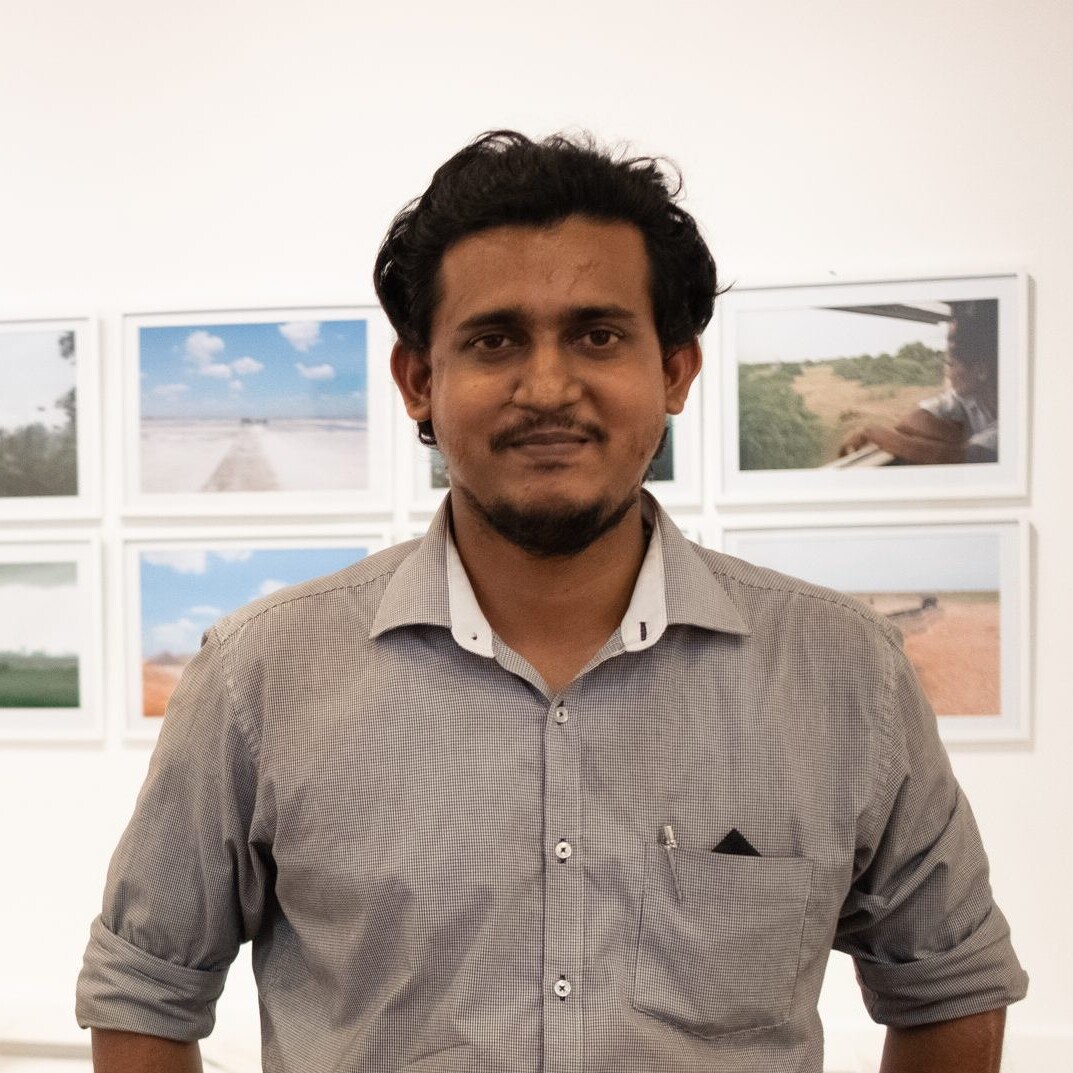
Sandranathan Rubatheesan
Investigative Journalist, The Sunday Times (Sri Lanka)
As intolerance for dissent, ethnic/religious conflicts, and threats against journalists are on the rise in most of the countries in the region, we, as journalists, need to be more careful and empathetic of how we report topics that are sensitive to our audience. I believe this would be a good opportunity for fellow journalists from across the region to share, exchange new ideas, and learn from each other’s experiences on covering conflict related stories in their own countries and how they overcame challenges.
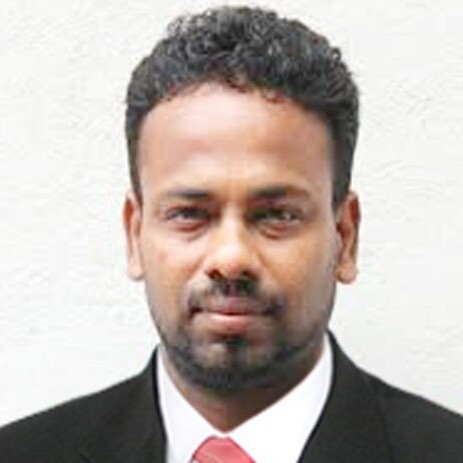
Veerarajan Priyatharshan
Assistant News Editor, Express News Papers Pvt Ltd.
Sensitive Reporting and safety play an important role for a journalist. it’s also important to learn about the code of ethics to improve reporting on conflicts. This workshop will allow us to identify and recommend appropriate news reporting according to countries’ local ecological, socio-economic, and cultural conditions. Ethical journalism should be accurate and fair. Journalists should be honest and courageous in gathering, reporting, and interpreting information and must balance the public’s need for information against potential harm or discomfort. By the end of the workshop, I hope we will have some knowledge on the Code of Ethics to Improve Conflict Sensitive Reporting and Safety of Journalists.

Related Posts
9th March 2021
PMA partners with Media Action Nepal for “Code of Ethics to Improve Conflict Sensitive Reporting and Safety of Journalists in South Asia” project
Introducing Media Action Nepal as a…
2nd February 2021
Project: Improving conflict sensitive reporting and journalist safety in South Asia
Introducing our latest project, “Code…
